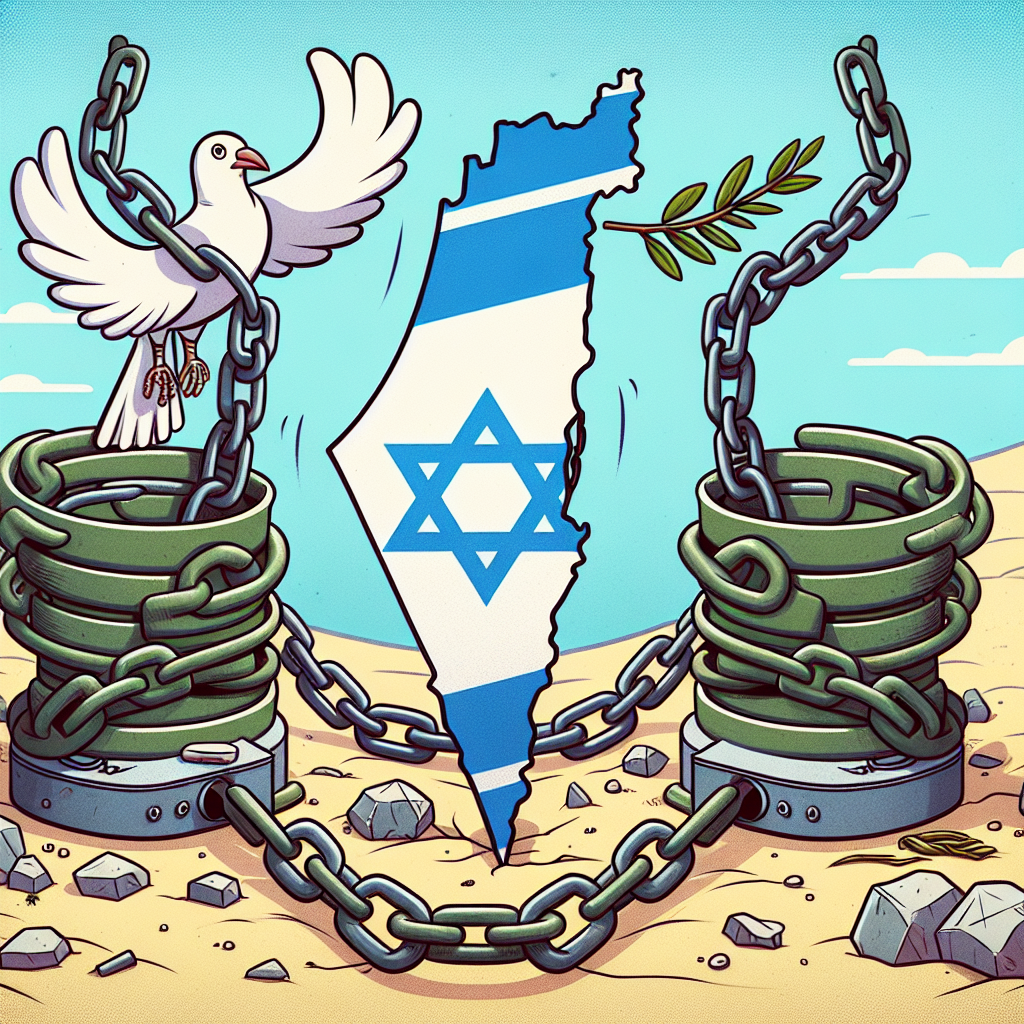The Uneasy Truth: Hostage Exchanges and the Cost of Reconciliation
Tal Hartuv, a survivor of a brutal attack, grapples with conflicting emotions as her assailant's release becomes part of a ceasefire deal. While hopeful for the return of hostages, Hartuv also feels betrayed. This complex situation raises challenging questions about security, justice, and the human cost of reconciliation.

A jagged scar on Tal Hartuv's chest serves as a constant reminder of a past filled with pain and tragedy, stemming from a 2010 attack in Jerusalem. Next to the scar rests a dog tag, symbolizing support for a ceasefire deal involving a prisoner exchange between Israel and Hamas.
This prisoner exchange agreement saw the possible release of Iyad Hassan Hussein Fatafta, one of three men who attacked Hartuv and killed her friend, Kristine Luken. The release of Palestinian prisoners, including Fatafta, has posed a moral quandary for many affected by these conflicts.
Emotions run high for Hartuv and others impacted by these decisions as former convictions and hopeful anticipation clash. Israel is set to free over 2,000 Palestinian prisoners in exchange for the return of hostages, a complex interplay of reconciliation and security raising questions that demand difficult choices.
(With inputs from agencies.)
ALSO READ
Tensions Escalate: Pakistan-Afghanistan Border Conflict
Tragic Conflict: Teacher's Life Cut Short Over Monetary Dispute
Sudan's Spiraling Conflict: A Dire Humanitarian Crisis
Interfaith Marriage Sparks Clash in Muzaffarnagar: A Tale of Tension and Conflict
Germany and Egypt Collaborate on Gaza Conflict Resolution










